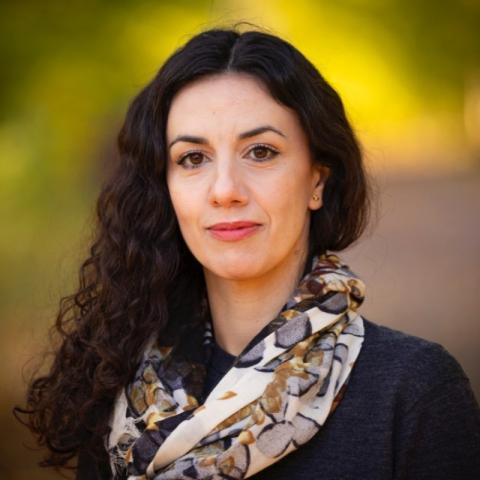< Projects
Quantifying Culture: A Study of AI and Cultural Heritage Collections
Making cultural heritage more accessible and easier to understand, for future researchers and visitors as well as today’s, is a challenge. This project seeks to develop a digitalised model that, through artificial intelligence (AI) and machine learning (ML), enables scanning and automatic interpretation and classification of objects. Research is under way, in collaboration with the Swedish National Heritage Board, the National Museums of World Culture, the National Archives of Sweden and Uppsala University Museum (Gustavianum).
The project group are setting out to investigate both how AI is currently applied and what its future potential might be for digital cultural heritage collections.
The project aims to show how critical perspectives can be used for Swedish cultural heritage collections, in a context where AI is used to label archival material. The technology is reminiscent of that used for computer facial recognition or automatic online translation, for example.
Various archives and collections from the 19th and 20th centuries from collaborating partners serve as the basis for the researchers’ work. They want to demonstrate how descriptions of visual and textual material generated through AI and ML can be adapted to make them inclusive and avoid adherence to standardised narratives from a single perspective.
A painting may, for example, depict a child in a skirt sitting on a park bench. In scanning the image, the machine may produce words like “park bench”, “child” and “skirt” unaided, and perhaps conclude from the skirt that the child is a girl. However, although a skirt is a traditional female garment in a Swedish context, it may be traditional boys’ wear in a Scottish setting.
The research group are aiming to establish mathematical models and algorithms to make the machines more advanced, so that they can pick out significant and more relevant information. The objective is to devise a machine that can be taught to identify people and cultural contexts in a range of cultural communities, or different parts of the world, with varying expectations and attitudes.
Innovative methods are bringing the humanities, social sciences and AI research together to explore how AI tackles qualitative aspects of the material. In this exploration, critical and ethical theories intersect with algorithms and mathematics.
Start: 1 April 2021
End: 31 March 2025
Project type
MAW
Universities and institutes
Uppsala University
Project members

Anna Foka
Professor
Uppsala University

Gabriele Griffin
Professor
Uppsala University

Fredrik Wahlberg
Assistant Professor
Uppsala University

Nasrin Mostofian
PhD student
Uppsala University

